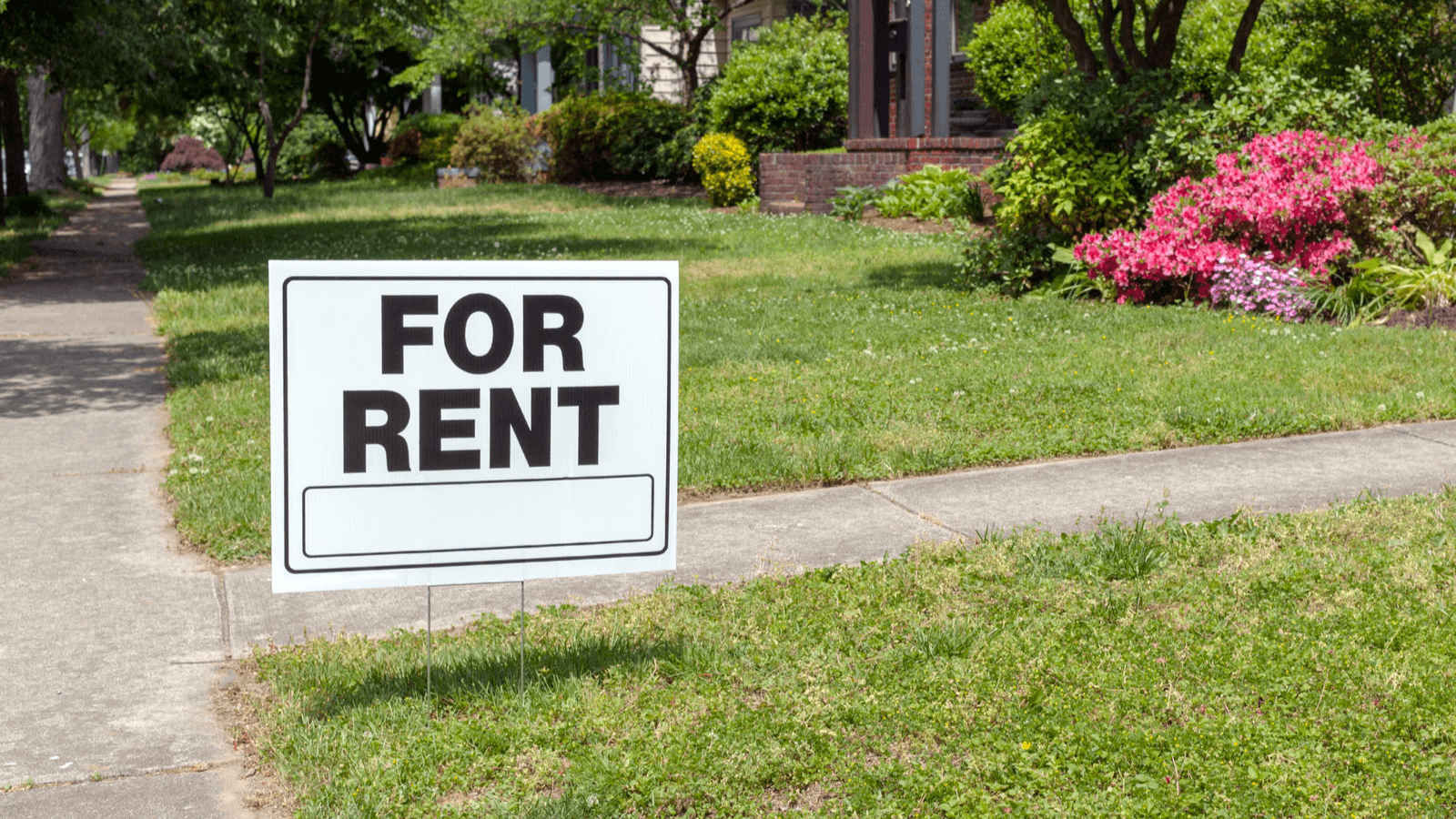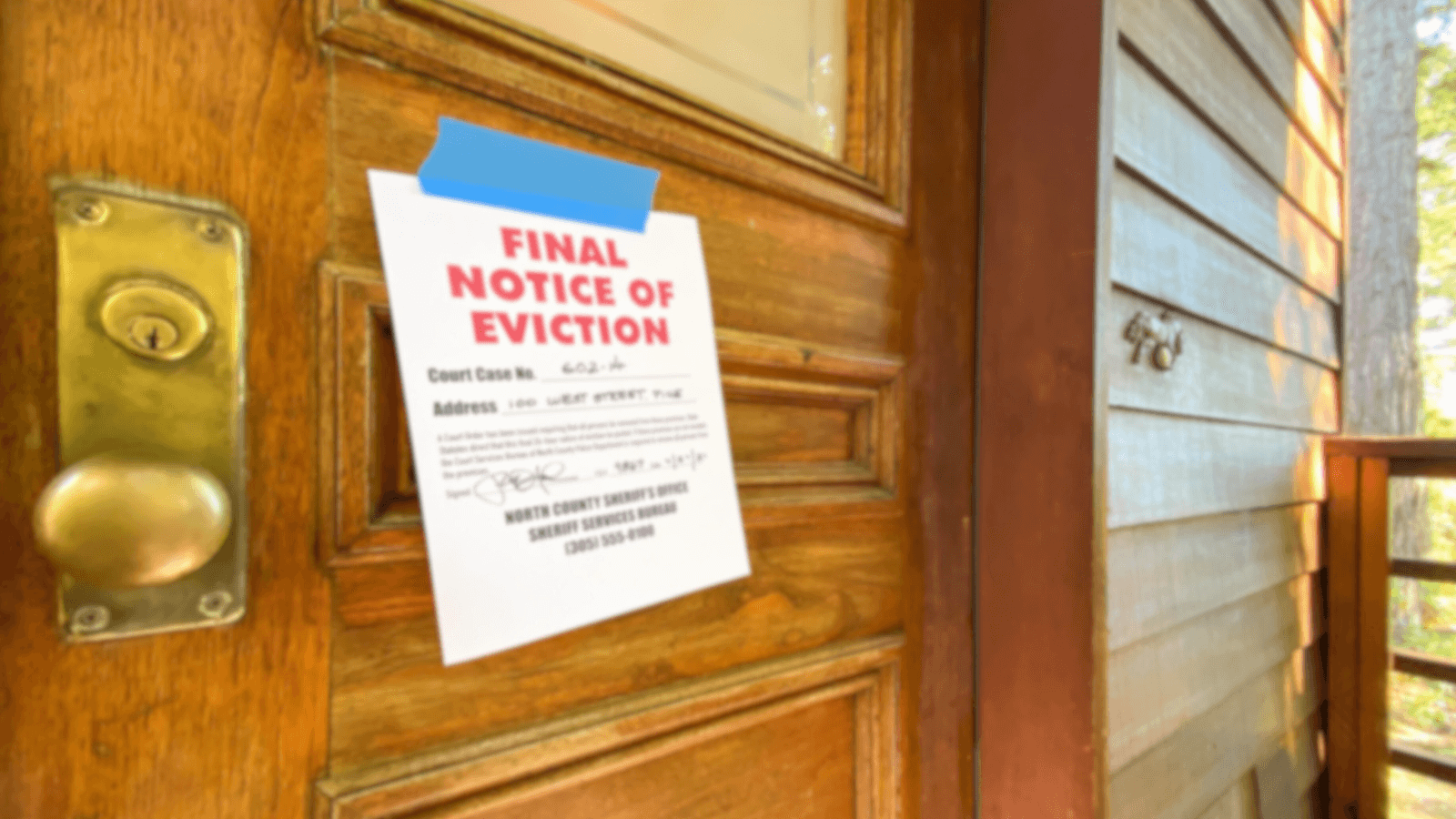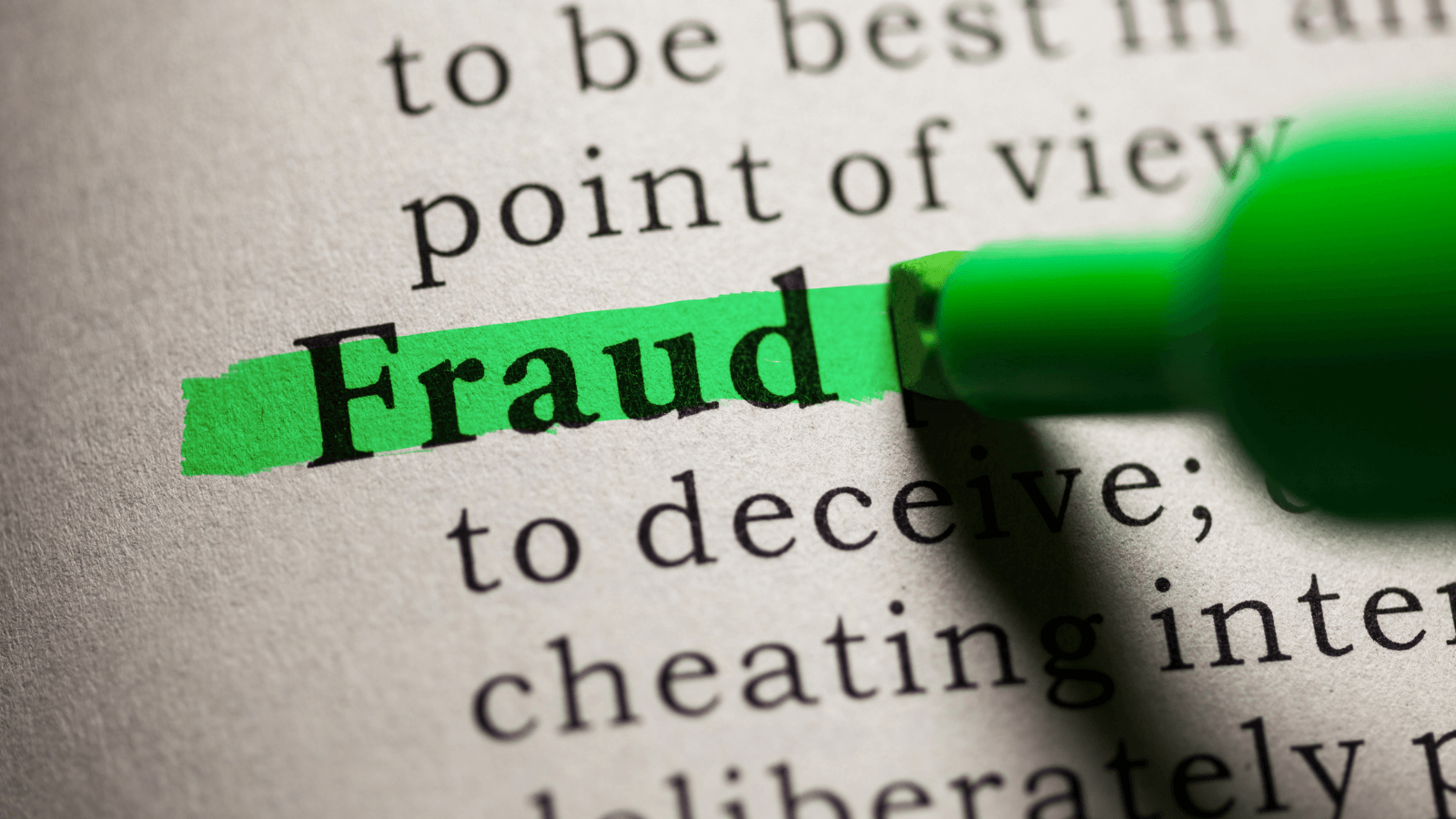-
North Carolina Landlord Disclosure Requirements

North Carolina state law requires landlords to disclose certain information to their tenants about the property or the policies in their lease. These disclosures should be done through written communication, typically in the lease or rental agreement, and ensure a safe and secure rental experience for both landlords and tenants. As a landlord, it’s important…
-
FAQs: North Carolina Short Sales

While real estate short sales can provide sellers a way out of an unmanageable mortgage, and buyers an opportunity to buy a property at a bargain, they have typically been considered a rarer option. However, with recent declines in the economy, the North Carolina real estate market has seen an increase in “short sale” transactions. …
-
FAQ: Why would a landlord evict a tenant in North Carolina?

The state of North Carolina does not allow a landlord to evict a tenant without good cause. However, a question that clients often have is what can be considered “good cause” for eviction. While this blog should not be taken as legal advice by either tenants or landlords, let us give you a general overview…
-
Personal Injury Claims in North Carolina: How to Receive Compensation

If you have been injured in an accident through no fault of your own, you may be entitled to compensation for lost wages, hospital bills, pain and suffering, and more. In North Carolina, there are laws in place that ensure your just compensation. The attorneys at Starling, Rodriguez & Associates are here to help you…
-
Is a Mobile Home Considered Real Property or Personal Property in North Carolina?

Manufactured homes, most commonly known as “mobile homes,” present a unique challenge for real estate professionals, particularly when it comes to the issue of whether they should be titled as real property or personal property. Real Property vs Personal Property Real property consists of land and buildings or structures permanently affixed to it. Personal property…
-
Deed of Trust in North Carolina

There are many documents and contracts involved in real estate transactions, and trying to understand all of them can get a little overwhelming. One that we find people often have questions about is the deed of trust. What is a deed of trust? A deed of trust is a legal agreement used in real estate…
-
An Overview of North Carolina Property Deeds

As you navigate your way through any real estate transaction, you’re likely to encounter a lot of vocabulary terms that are specific to the real estate world. If it’s your first foray into real estate transactions, all of this new jargon can get confusing. We find that one of the concepts clients often struggle to…
-
Why Do I Need a Real Estate Attorney in North Carolina?

Real estate sales are not simple transactions. A lot of legal knowledge is necessary to complete real estate transactions, so it’s not only helpful to have a real estate attorney involved in the process, in the state of North Carolina, it’s required. Why you need a real estate attorney in North Carolina North Carolina law…
-
North Carolina Real Estate Closing Checklist

You’ve searched, found a home you love, made an offer that was accepted by the seller, and gone through the inspection process. Now it’s time for one of the most exciting days in your home-buying journey: closing! Closing, also referred to as escrow, is the last step in financing and purchasing real estate before you…
-
Fraud in North Carolina

You might hear the word “fraud” thrown around often in everyday conversation, but fraud is a criminal action that is taken very seriously in North Carolina. An accusation of fraud can have a huge impact on your life and future. Fraud is a very broad category of crime and many different activities can be considered…
